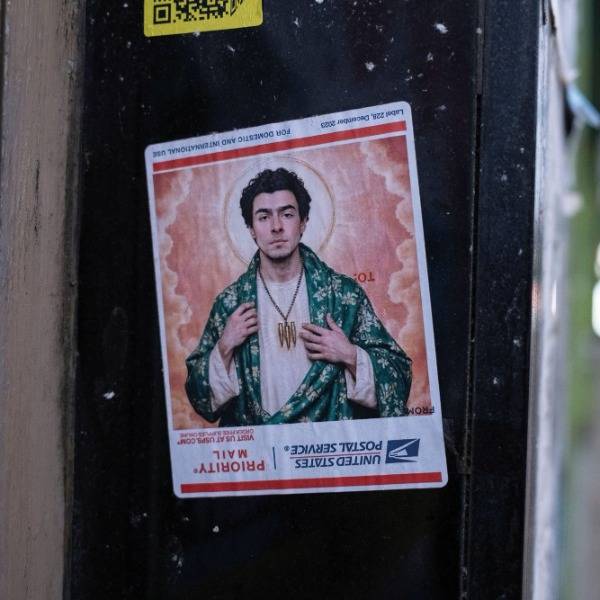This year, four secularists have been brutally murdered in Bangladesh. A combination of rising extremism across the continent, Bangladesh's uniquely polarised political context, and a culture of government inaction has left bloggers, writers, and activists who do remain in the country terrified for their lives.
Today, the Guardian reports that Ansrullah Bangla Team, a militant group accused of many of the murders, has published a hitlist of bloggers overseas. Some are Bangladeshis who have sought refuge abroad, while others are duals nationals or citizens of these western nations. The list includes nine bloggers based in the UK, seven in Germany, two in the US, one in Canada and one in Sweden. Following its publication, the UK-based bloggers sought advice and were told by police to take steps to minimise the risk of attack.
For some of those named, it will come as little surprise. For the latest issue of the New Humanist, I spoke to two survivors of brutal attacks by extremists - Asif Mohiuddin, who was attacked in 2013, and Rafida Bonya Ahmed, who survived an attack earlier this year that killed her husband Avijit Roy. Both are, by necessity, cautious in their day-to-day lives. Mohiuddin is based in Germany but does not share his exact location and still receives regular death threats. Ahmed, a US citizen, is speaking out publically, but was keen to avoid any details of her daughter's name or whereabouts being shared. Secularists both inside Bangladesh and overseas are operating with severely restricted freedom.
As the threat takes on an international dimension, the inaction of the Bangladeshi government remains important:
The attack on Roy and Ahmed this year gained international attention, but the Bangladeshi government made no comment. Eventually, in May, Hasina’s son Sajeeb Wazed spoke to Reuters news agency: “Our mother offered private condolences to Avijit’s father. But the political situation in Bangladesh is too volatile for her to comment further… We don’t want to be seen as atheists. It doesn’t change our core beliefs. We believe in secularism. But given that our opposition party plays that religion card against us relentlessly, we can’t come out strongly for him. It’s about perception, not about reality.”
His comments underscore the corrosive impact of Bangladesh’s polarisation. Religion is a highly sensitive issue and each party is too afraid of ceding ground to the other to take a stand against bigotry and violence. In effect, this means pandering to fundamentalists.
The rest of the article, which takes an in-depth look at the historical and political factors which led to this situation, is available in the current issue of the New Humanist; a shorter version appeared in the Guardian.

